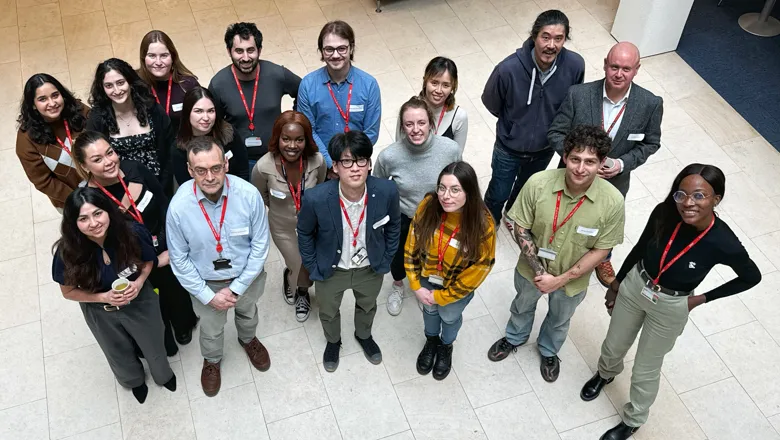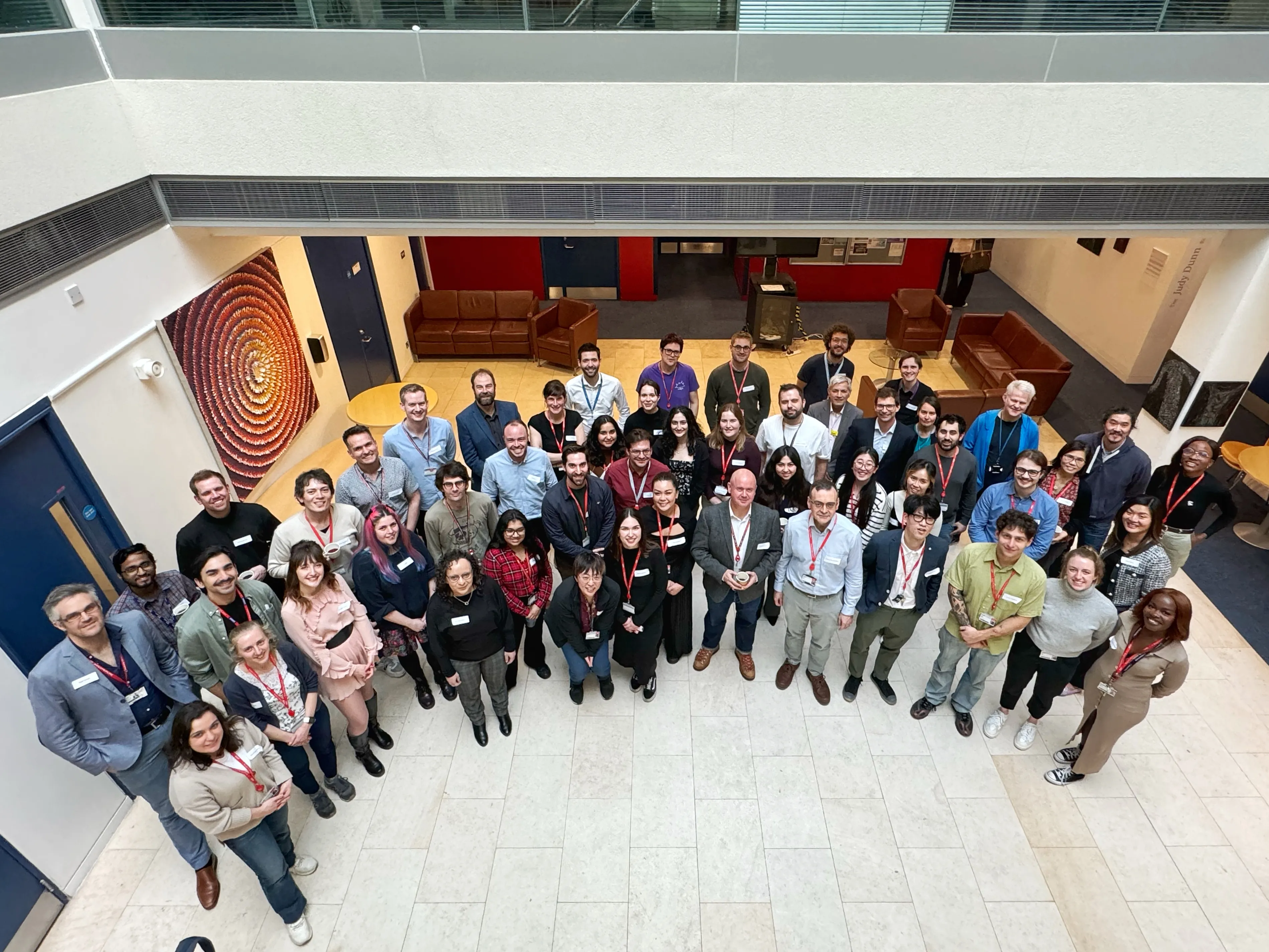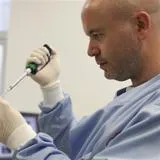Our suite of tools represents the most innovative and comprehensive capabilities in the field, enabling us to deliver ground-breaking work in genomic and biomarker research. We have the ecosystem of expertise, experience and equipment required to deliver advanced genomics research at high-throughput and even when dealing with challenging samples or tissue types.
Professor Gerome Breen, King’s Genomics Lead and Professor of Psychiatric Genetics at King’s IoPPN
28 March 2024
King's launches new state-of-the-art genomics facility
King's Genomics is formed through a merger of two renowned research centres, designed to be a state-of-the-art laboratory facility at the forefront of genomics research.

Genomics is the study of the complete set of a person’s DNA. It can be used to understand the genetic basis for diagnosis and outcomes of a range of traits, disorders and diseases, and can help guide the development of new treatments.
The new facility, King’s Genomics, is equipped with an array of cutting-edge technologies to facilitate high-quality genomics research. It will also provide biobanking support for researchers both within King’s College London and across the UK, storing a wide range of human biological samples.
The facility is formed through the merger of the Institute of Psychiatry, Psychology & Neuroscience (IoPPN) and NIHR Maudsley Biomedical Research Centre (BRC) Genomics & Biomarker Core Facility and the Research Platforms Franklin Wilkins Building (FWB) Genomics Centre in the Research Management and Innovation Directorate (RMID) at King’s.
Charles Curtis, Associate Director Core Facilities at King’s College London, said: "Research Platforms are excited to be part of this merger which will provide word class genomics service provision and collaboration opportunities and open up this faculty facility to the wider King’s community and external researchers."
Key services include:
- Biobanking: Sample preparation often requires the splitting of blood samples into its basic components such as serum or plasma, or components of red and white blood cells. The facility is home to an automated processing system called easyBlood to support this preparation process while maintaining the quality of the sample and associated data.
- DNA/RNA extraction: The facility provides access to automated technology called Qiagen QIAsymphony to extract DNA/RNA samples from saliva and components of red and white blood cells.
- DNA/RNA quantification: Researchers at the facility use a range of quality control techniques to control the distribution and concentration of different DNA fragment lengths before sequencing or genotyping.
- Microarrays: The facility offers a range of microarray services which detect genetic differences in many genes at once in many samples.
- Long-read sequencing: Using Nanopore long-read sequencing, researchers at the facility can read long strands of DNA or RNA in one go, without breaking it up into smaller fragments. Through this, they can sequence the whole genome or RNA, even from individual cells.
- Bioinformatics: The facility runs a quality control service to increase the reliability, confidence and overall quality of genomic data. Researchers at the facility can also generate polygenic risk scores which estimate an individual’s risk of a trait or disease based on their genetics.
King’s Genomics hosted a launch event on Wednesday 27 March to announce the merger and provide tours of the new facility.

King's Genomics is funded by the NIHR Maudsley BRC and King’s RMID Research Platforms.
For more information, please contact Milly Remmington (School of Mental Health & Psychological Sciences Communications Manager).



